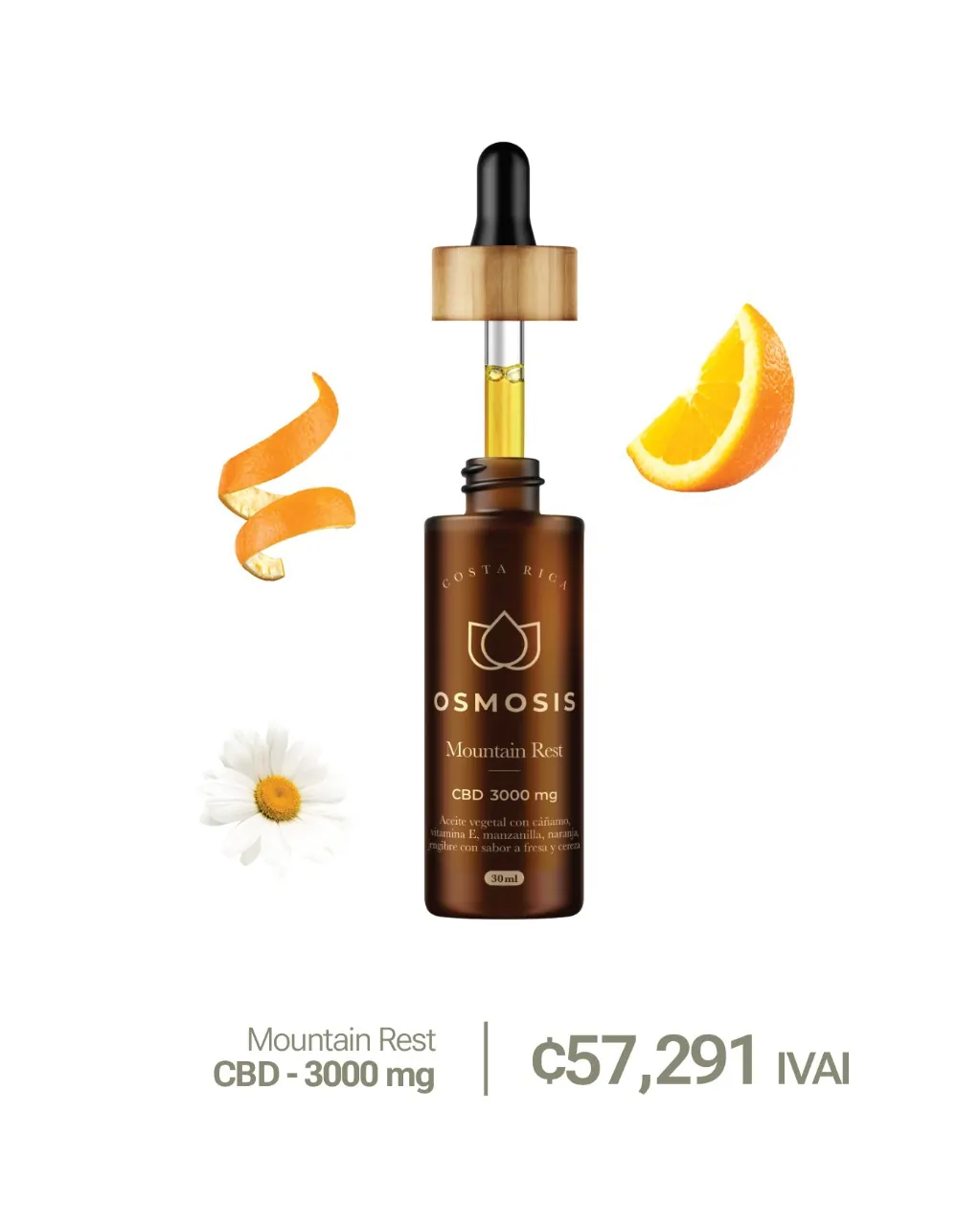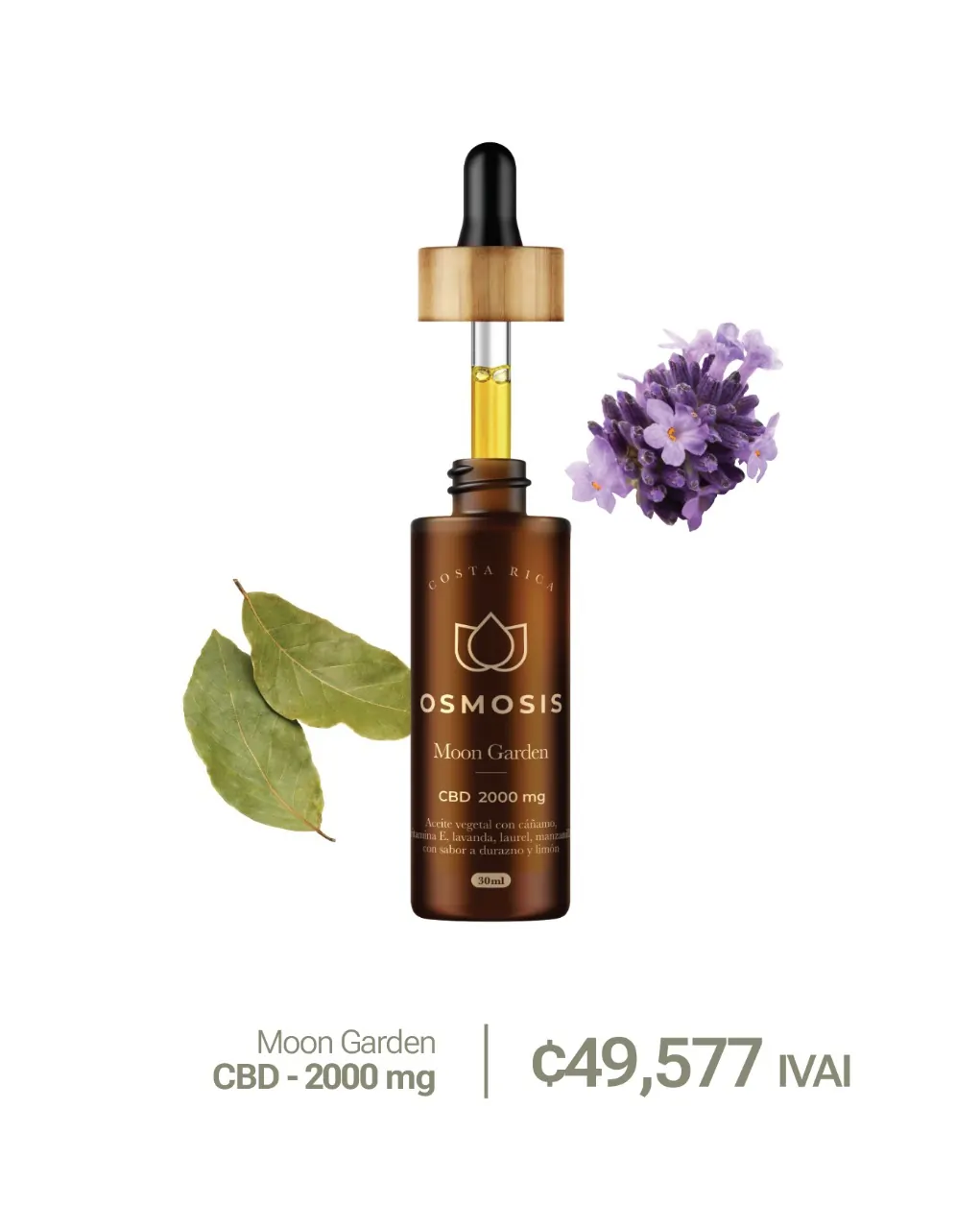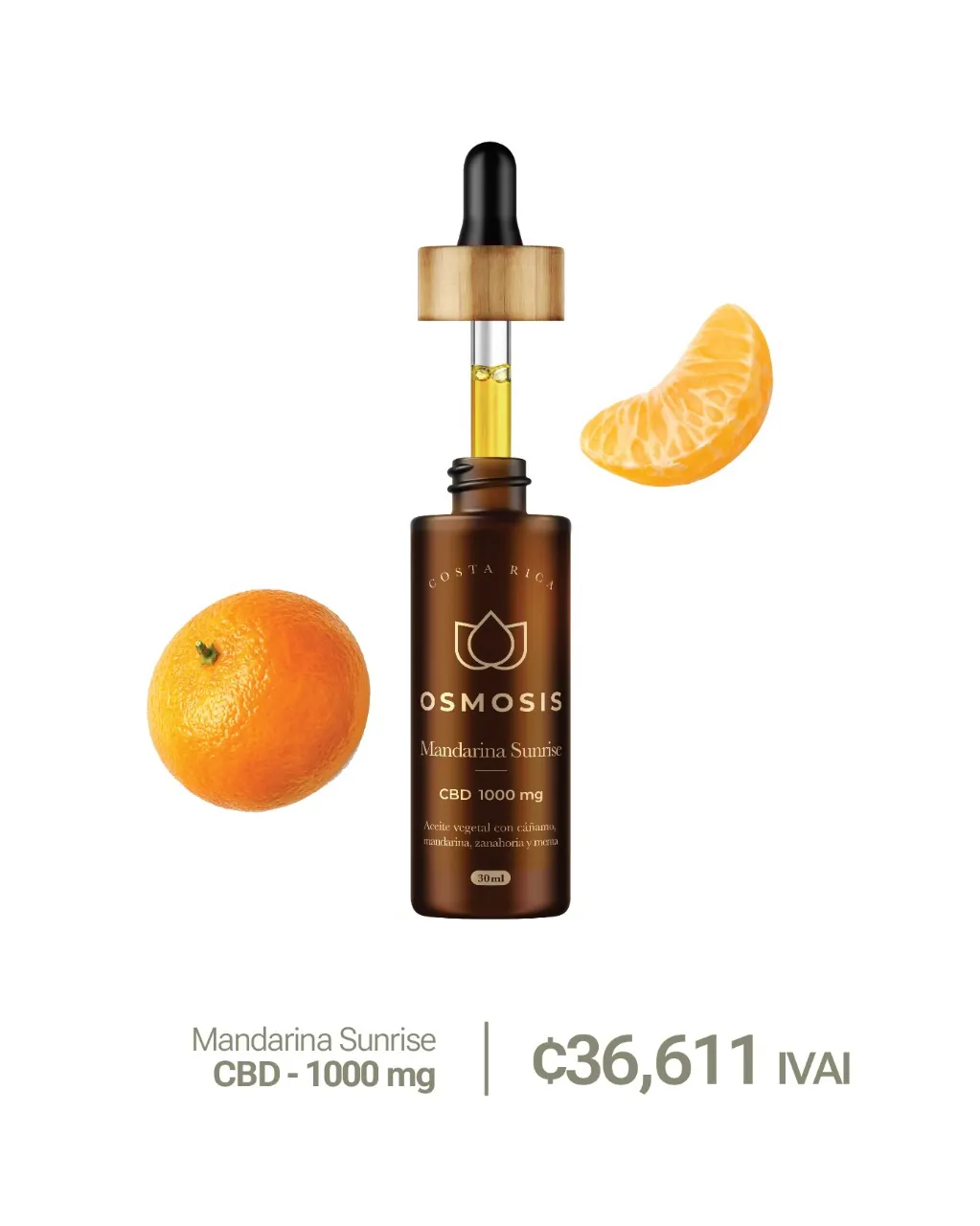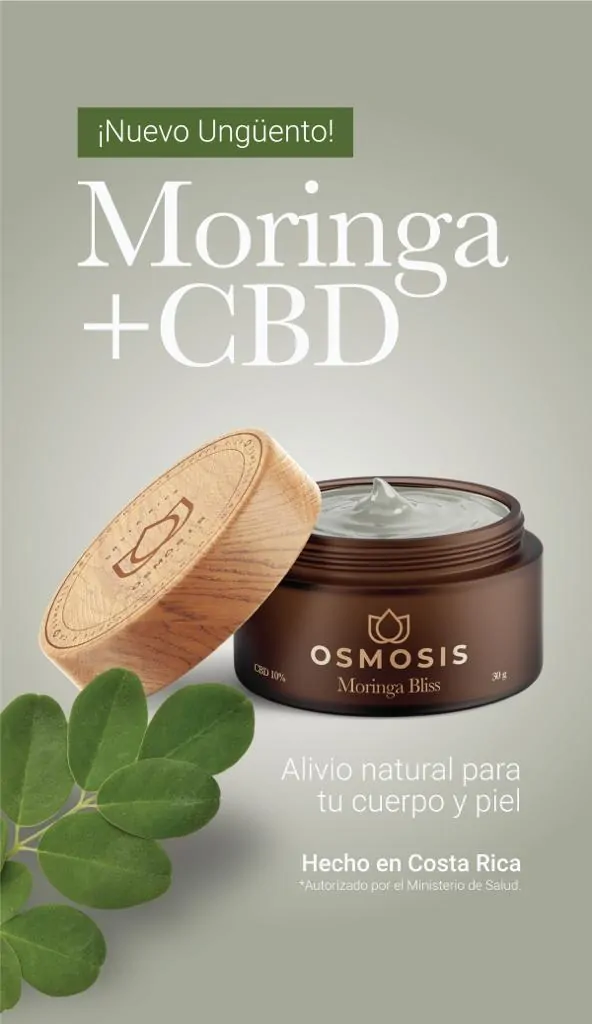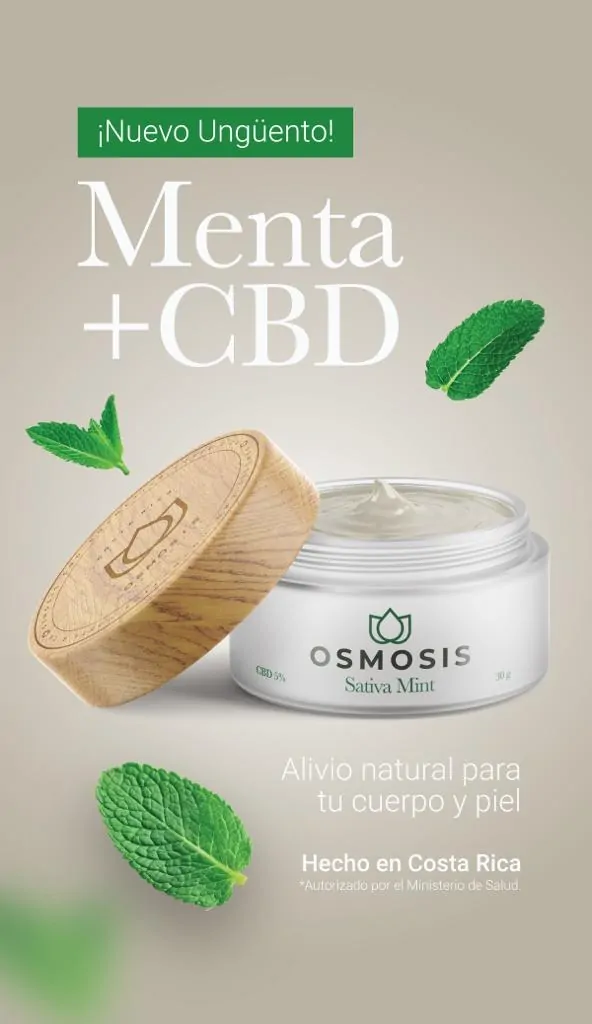The sale of products based on the component cannabidiol or CBD, is getting out of control in Costa Rica. According to a complaint filed with the Ministry of Health (MINSA), at least 30 brands with are offering products with that compound through social networks, Whatsapp, Instagram and others.
Some of them sell it even in multilevel pyramid as it has been exposed on several occasions.
CBD is a non-psychotropic derivative of the hemp plant and has been recognized for its different properties for well-being and health. However, this compound remains a controlled substance in accordance with national legislation, which indicates that for products to be placed on the market they must be registered with MINSA.
Complaint 125-2 exposes at least 30 brands. Some of these brands have more than 3 years of being marketed illegally in different points of sale in the country. The document shows how different brands, imported products or products allegedly produced in Costa Rica are marketed and sold daily in the national territory without paying taxes and without health controls.
“The Ministry of Health has not bothered to solve this problem. This problem should be solved, since otherwise it would not make sense to have sanitary registration,” said the complainant lawyer who preferred to remain anonymous.
Some brands that were sold illegally in the country obtained the sanitary registration without major problem as is the case of Zilis or CBDmd.
Some of these brands are CBD Perfect, CBDmd,Paraíso CBD, Golden Frog, RethinkCBD, CBD Costa Rica, BioOrganics, FlowerHouse,Lazarus Natural, CBD Ultra Cell, Zilis,Great Full CBD, Amazón Cannabico,CBDOrganic, CBD Costa Rica Store, We Costa Rica, CBD Factory, PetLife,Cr, between other.
Health registrations are the controls due and necessary to be able to market a product of health interest. This guarantees place of origin, health, avoids scams and quality. There are three types of names for health registrations according to their category. Chemical Registration, Cosmetic Registration, Nutritional Supplement Registration and Drug Registration.
In 2019, the MINSA launched a health alert on this matter, however, the institution did not follow up on the issue and during this government the Medicinal Cannabis Commission was eliminated who oversaw making this problem visible.
Unregistered products vrs registered products
There are several ways to market CBD products in the country. The most common is to import it from countries such as the United States, Mexico or Canada. Most of them are sent through customs, some bring them illegally in their suitcases or pay bites to customs agents.
Others produce them in Costa Rica in their home kitchens with CBD concentrates that they import illegally from China or the United States. Only the Osmosis CBD brand has managed to launch the first nutritional supplements of these types manufactured in the country.
Locally made products have locally produced controls indicating that it is safer to meet the proper standards with which over-the-counter products are normally made. In the case of imported products this situation is not entirely certain. Recently, the Food and Drug Administration (FDA) issued a report on unregulated products in that country.
The commission of inquiry concluded that most products produced and marketed do not have the amount that their label says, may be contaminated with pesticides and, therefore, put health at risk.
MCN has found that some macrobiotics, “Green Stores”, different shopping centers are marketed many brands under the table or on request. In addition, many sell without problem on Internet pages, Instagram, Facebook, WhatsApp, among others.
Ileana Herrera, head of the Records Unit, commented that “the department has already proceeded to carry out the necessary investigations.”
According to the Psychotropic Law, this activity would be illegal, since even though there is a kind of control over the products that enter the registration process in the MINSA, the products with cannabidiol (CBD) that are sold without this sanitary permit would be directly violating this law.
High controls and lack of regulations of the Ministry of Health encourage illegal sale of foreign finished products
MINSA and the different medical groups have indirectly encouraged the sale of illegal products. The lack of regulations, the duration of the paperwork and the lack of action against brands that sell illegally creates a demand that is covered with a lack of information in local entrepreneurs.
This has generated a kind of “mango rice” in the legislation. Many of the people who sell illegal CBD think they are not breaking any laws or think that “CBD is legal.”
Meanwhile, the high standards of health and the persecution of planting in our country general, in addition, that the companies that benefit from this new molecule are foreign companies and / or pharmaceutical importers.
Most importers or distributors have no clarity of the legal situation. This generates a distortion in the population that decides to import products without health analysis or barely produce products in their kitchen.
The MINSA has not specified the sanctions to those who fail to comply with the sale without sanitary registration. According to an investigation by our journalists department, some of the products that are marketed as a nutritional supplement have cosmetic registration. This could put your health at risk.
So far MINSA has registered around 50 products with CBD.

